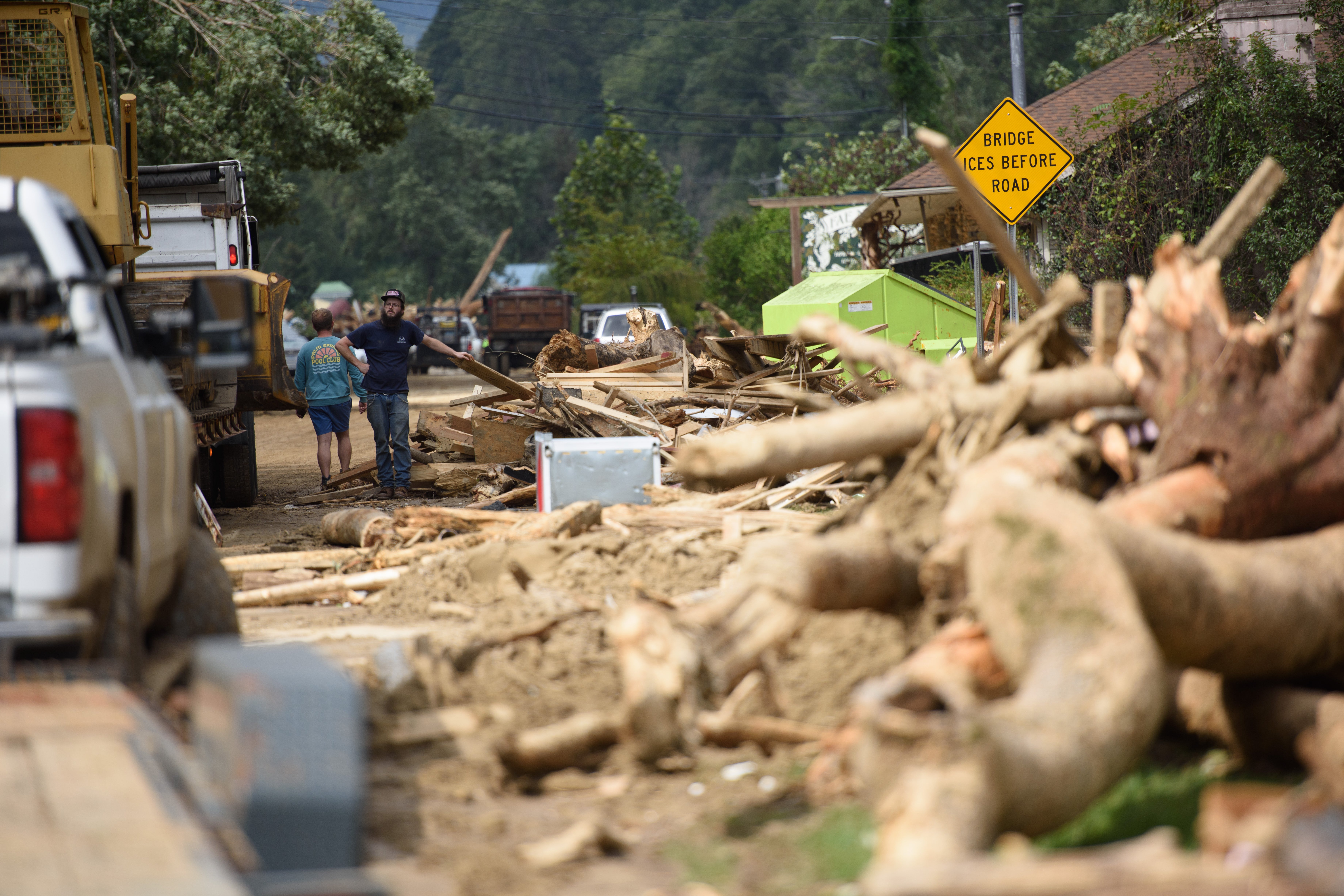As the Trump administration works to dismantle and erase any mention of climate change on a federal level, a new report has found that the majority of Americans believe the Earth’s warming is affecting weather across the country.
Two-thirds of those recently surveyed by the Yale Program on Climate Change Communication and the George Mason University Center for Climate Change Communication said they think global warming is impacting U.S. weather. Those who believe global warming is happening outnumber those who believe it is not by a ratio of more than five to one, the survey also found.
Furthermore, the report noted that 11 percent of Americans have considered moving to avoid the impacts of global warming, which includes threats such as wildfires in Southern California and sea level rise on the Gulf Coast.
The survey stated that 64 percent of Americans say that they are at least “somewhat worried” about global warming.
The findings come as the Trump administration has worked over the last few weeks to target federal programs that address the climate change crisis and its consequences, freezing spending and erasing climate-related pages from the Department of Agriculture’s website.
The president has made it clear that he will kowtow to fossil fuel industry executives during his second term in favor of what he hopes will be a better U.S. economy, and has called climate change a “hoax.” Industry leaders backed his recent presidential campaign.
Unfortunately, scientists have made it clear that more greenhouse gas emissions produced by the industry spell disaster for everything on Earth in the long term.
The most recent survey is similar to a report conducted last spring. However, the number of Americans who think weather is being affected “a lot” was down by a percentage point.
The number of Americans who understand that global warming is mostly human-caused is up by a percentage point. Whereas, the number of those who believe it is caused mostly by natural changes in the environment is down by one.
More than 1,000 adults were surveyed last December, ahead of January’s deadly and devastating Los Angeles County wildfires. The Palisades and Eaton fires took the lives of at least 29 people.
Researchers have said the wildfires were more likely due to the impact of climate change.

The blazes were worsened by dried-out vegetation, low rainfall in the region and the overlap between drought conditions and hurricane-force Santa Ana winds, according to the group World Weather Attribution.
Wildfires and historic drought in the Northeast last year were also pinned to climate change.
Months before the blazes, a pair of hurricanes supercharged by record Gulf ocean water temperatures slammed into the Southeast, killing more than 100 people in North Carolina.
Climate change has made hurricanes stronger, adding 16 and 24 mph to Hurricanes Helene and Milton in September, according to non-profit Climate Central.
“The storm has this speed limit at which it can spin based on its environmental conditions. And, the warmer the sea surface temperatures, the faster a hurricane can spin,” Daniel Gilford, a meteorologist and atmospheric scientist with Climate Central, told The Independent in January.







